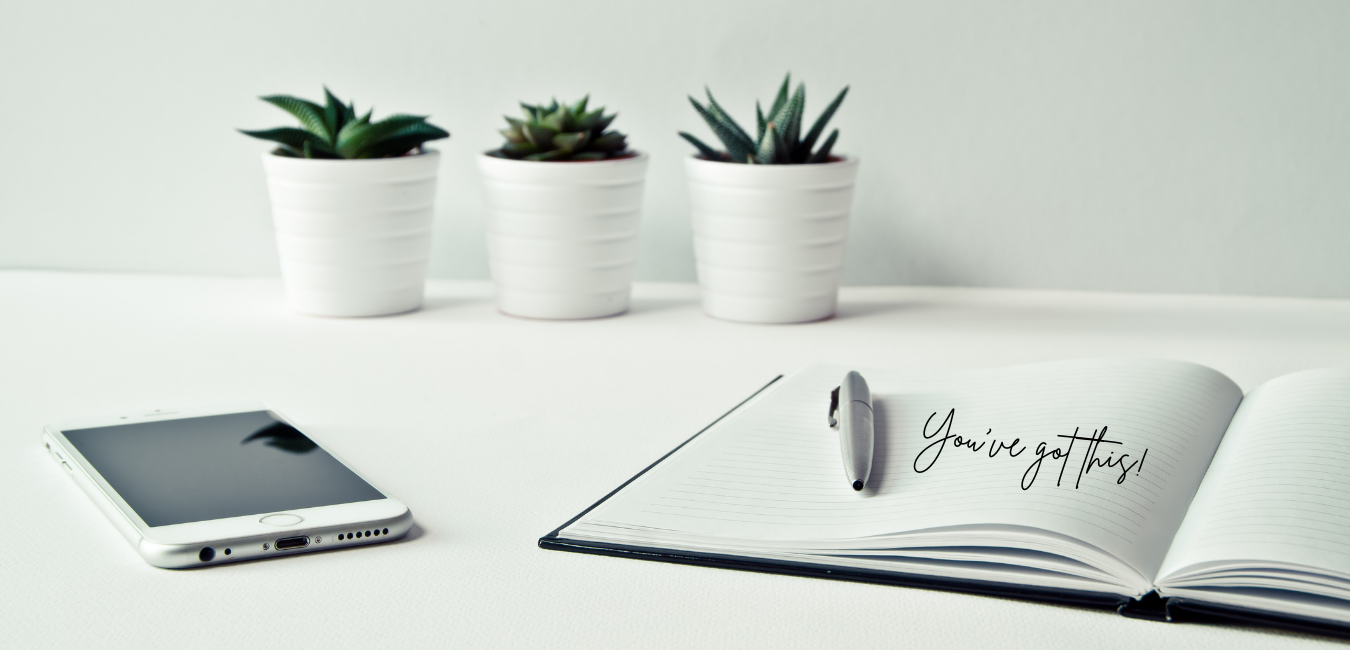When I say the words “autism recovery” or that my son is considered recovered from autism, what comes up for you?
Disbelief
Indignation
Hope
Anger
Maybe a few things come up for you.
When I sat across from a developmental psychologist and heard the words “Your child has autism” over 12 years ago, there were few resources that could provide information on ways to support my child in developing those things that he had just been assessed on:
- Language
- Sleep
- Steroetypical behaviors
- Eye contact
- Pointing at objects
- Seeking us out for things in his environment
- Responding to his name
- His frequent meltdowns and hours long screaming bouts
- Distended belly
- Constipation
- Red rings under his eyes
Typically with a diagnosis of most things there is a laundry list of things that come with, things to improve quality of life, at least address symptoms. Not one pediatrician or specialist could tell me why my child stopped sleeping 6 – 7 hours per night and was now only sleeping about 4 hours max per night, 2 hours at a stretch.
They couldn’t tell me why he would obsess over specific items like pushing in the TV buttons to the point they were shoved inside the housing and no longer accessible. Why certain sounds made him scream bloody murder and why he would run around the house pushing all the buttons on the toys that made noise to counteract the offending sounds. His hearing was checked and found to be fine. So why would he not respond when I was just inches away calling him.
Why didn’t he run a fever when he had chicken pox at 6 months and then again at 3 years? And why on the few occasions he DID run a fever did he make eye contact, respond to his name, stop screaming?
Why did he suffer from chronic constipation at such a young age? Why did he prefer to drink milk rather than eat a meal and when he did eat, why did he gag on certain textures, requiring us to puree his foods? Why did he seem to crave wheat and dairy? Why when he got hurt did he not seem to feel the pain?
Why? Why with a diagnosis of autism were all those things just chalked up to “autism”? It was not autism for my son. I want to be clear, this is my son’s story and our journey.
While I did complete an educational doctorate program in traditional naturopathy, I am not a licensed naturopathic physician, medical doctor, or nutritionist. This is my family’s blog and journey and should not be taken as medical advice in any way. I provide my story as hope and things to consider in your own journey. If you need information on physicians and practitioners that I found helpful along the way, I am happy to share those but always work with a qualified medical professional before making any changes for your child or family.
Needless to say, when I was told there was nothing I could do to help my son and that I should consider long-term care as he would likely not be able to live independently, I didn’t listen.
There were things I could do, and did, and when we did, our son began to change, develop, catch up, and excel in ways we were told he never would.
What we did was work with a specialist who understood the various biomedical issues that are often co-morbid with autism (see my resources page). What are some of those?
- Gut dysbiosis (overgrowth of pathogenic bacteria, parasites, yeast, etc.)
- Food allergies – intolerances
- Immune system dysregulation
- Genetic mutations making it harder to detox
- Widespread inflammation
- Infections (viral, bacterial, parasitic)
We did laboratory testing, kept logs of behavior, sleep, toileting, foods, therapies, supplements, and medications. Click here to download my daily sensory and diet log. I created this and found it helpful in logging and communicating important data for updates with our physician, practitioners, teachers, and therapists.
As we made dietary changes and addressed underlying issues (as you would in any diagnosis or medical condition) we saw changes. Better sleep, less constipation, more eye contact, more language were just some of the things that began to shift. All of our providers began to take note and ask what we were doing because of the progress he was making.
It wasn’t always linear, there were regressions and not everything was a home run but we continued to focus on one step at a time and keep moving in the direction of improvements and before we knew it he was hitting goals in therapy and needing less interventions at school!
When it came time to do retesting prior to going into kindergarten, his CARS evaluation showed him not in the “autistic range” whereas when he started in our local school district in their autism-specific preschool environment, he had scored in the “severely autistic” range. So when I speak of autism recovery, I speak of making medically directed, evidence-based interventions as needed for my son uniquely which resulted in the loss of the behavioral diagnosis of autism. Since autism is diagnosed based on behaviors and not underlying lab values, we use those same behavioral characteristics to determine progress in the school and therapeutic setting.
When looked at in this way, addressing the biomedical issues with a skilled physician allowed my son to gain language, sleep better, have and sustain eye contact, have regular bowel movements, reduce meltdowns, eat a wide variety of foods, including challenging textures that he previously could not eat, interact with his family and peers in a socially appropriate way, attend to school tasks, meet developmental milestones, meet and exceed therapeutic goals. There were very real biomedical “road blocks” to us hearing his voice, understanding his perspective. Once removed, the floodgates opened to a new perspective on who our son really is.

For our family, autism recovery is not wanting to change who my son is. It was about finding ways to support his overall health and wellness – that was going overlooked and being lumped into autism by other professionals. By addressing things through functional and integrative medicine, we saw the behavioral indicators associated with autism shift as a result as well.
Now, rather than changing my son, I get to see who he is, hear his sense of humor, talk to him about his unique perspective and view of the world. Before, I was unable to have a back and forth conversation, he was in physical pain that he was unable to express, he had a very hard time handling the stimuli of the world. His sensory needs reduced, his auditory processing delays and sensitivities improved, he can navigate the world with greater ease.
The picture above is of us last year, walking down the busy streets of San Francisco. He flew on an airplane to get there, slept in an unfamiliar hotel, ate out frequently, dealt with crowded airports, BART stations, streets, and shops. This would have been impossible years ago.
Family experiences, travel, calm, love, connection, joy. That is what autism recovery means to us.

